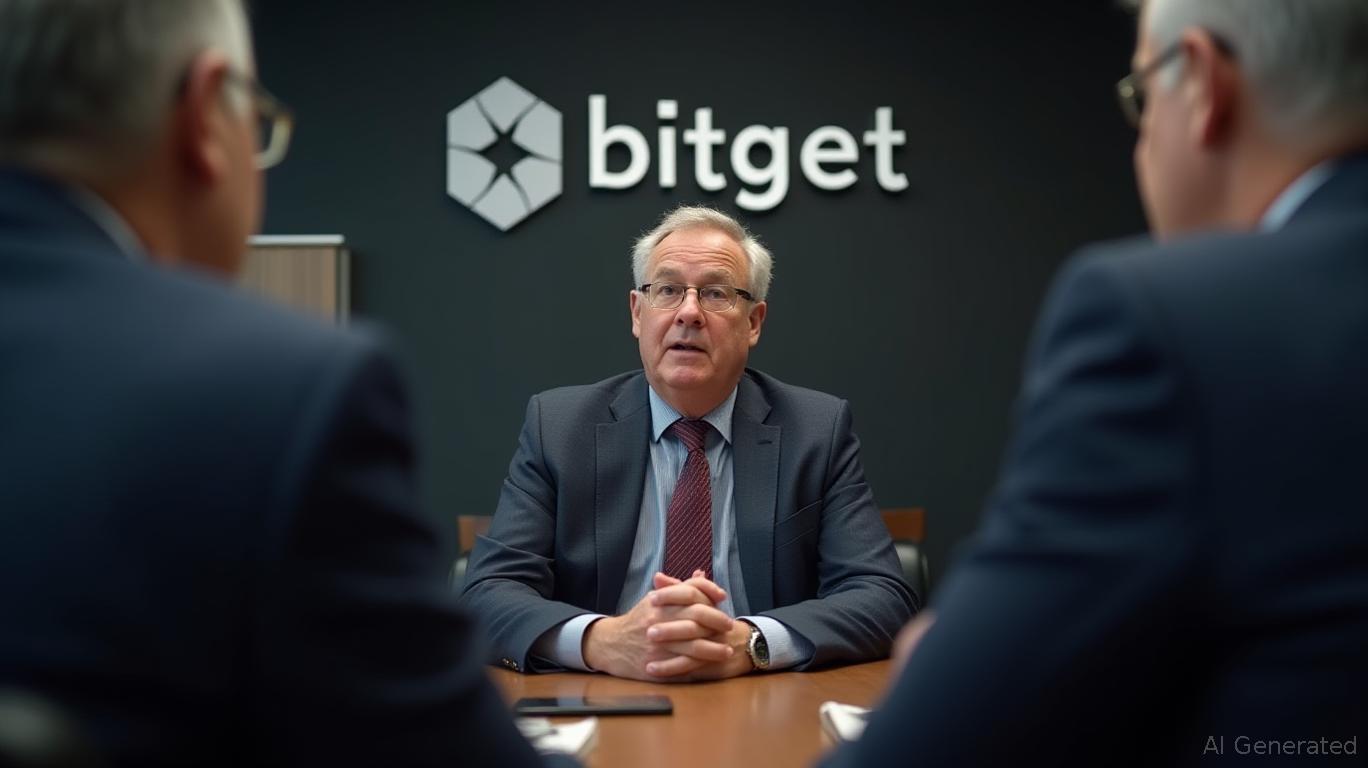ASIC has issued a warning to Bitget regarding its provision of unlicensed cryptocurrency futures to Australian investors, highlighting significant regulatory and investor protection concerns. The Australian Securities and Investments Commission (ASIC) stated that Bitget, which operates without an Australian Financial Services (AFS) licence, is prohibited from promoting or offering such high-risk derivatives locally. The regulator emphasized that unlicensed platforms like Bitget expose investors to substantial financial risks, including the absence of safeguards such as client money protection and dispute resolution mechanisms [1].
Bitget’s offering of crypto futures with leverage ratios up to 125:1 starkly contrasts with ASIC’s 2:1 leverage cap for licensed derivatives. This extreme leverage amplifies both potential gains and losses, increasing the likelihood of severe financial harm for retail investors. ASIC noted that trading through unlicensed entities deprives investors of critical protections, leaving them with limited avenues for redress in cases of misconduct or financial loss [1].
The regulatory action against Bitget is part of a broader global pattern. Since 2022, authorities in Spain, Austria, Germany, Canada, France, Cyprus, Malaysia, and Japan have issued similar warnings or enforcement actions against the exchange. While Bitget is registered with Australia’s AUSTRAC for basic exchange services, it lacks the comprehensive AFS licence required for derivatives trading. This regulatory gap leaves Australian investors without protections typically mandated for licensed platforms, such as internal dispute resolution and client fund safeguards [1].
Industry experts have highlighted the challenges crypto exchanges face in obtaining licensing in Australia. Bridget Nichols, Chief Commercial Officer at Monochrome, noted that regulatory uncertainty complicates compliance efforts for exchanges seeking AFS licences. She emphasized that while investor protection is essential, ASIC’s conservative approach may hinder innovation in the digital assets sector. Nichols cited Monochrome’s recent Bitcoin ETF launch as an example of the lengthy and complex regulatory approval process in Australia [1].
ASIC’s enforcement actions reflect a broader crackdown on unregulated crypto derivatives. The regulator recently revoked Binance Australia Derivatives’ licence and accused the platform of misclassifying retail clients. These moves underscore ASIC’s focus on curbing access to high-risk, complex financial products without adequate safeguards. The Bitget warning aligns with this strategy, reinforcing the importance of licensing and compliance in protecting Australian consumers [1].
The risks for investors using unlicensed platforms like Bitget are multifaceted. Without an AFS licence, users forfeit access to critical consumer protections, including mechanisms for resolving disputes and recovering funds. ASIC reiterated that investors should prioritize transacting with licensed entities to ensure market integrity and compliance. The regulator also warned that unlicensed operators may not adhere to standards that mitigate fraud, market manipulation, or operational failures [1].
As the crypto derivatives market evolves, regulatory clarity and enforcement remain central to investor protection. ASIC’s actions against Bitget and other platforms signal a sustained focus on ensuring compliance, particularly in an industry where high leverage and complex products pose significant risks to retail investors.
Source: [1] [ASIC Flags Potential Unlicensed Crypto Futures Risks for Australian Investors on Bitget Platform] [https://en.coinotag.com/asic-flags-potential-unlicensed-crypto-futures-risks-for-australian-investors-on-bitget-platform/]

